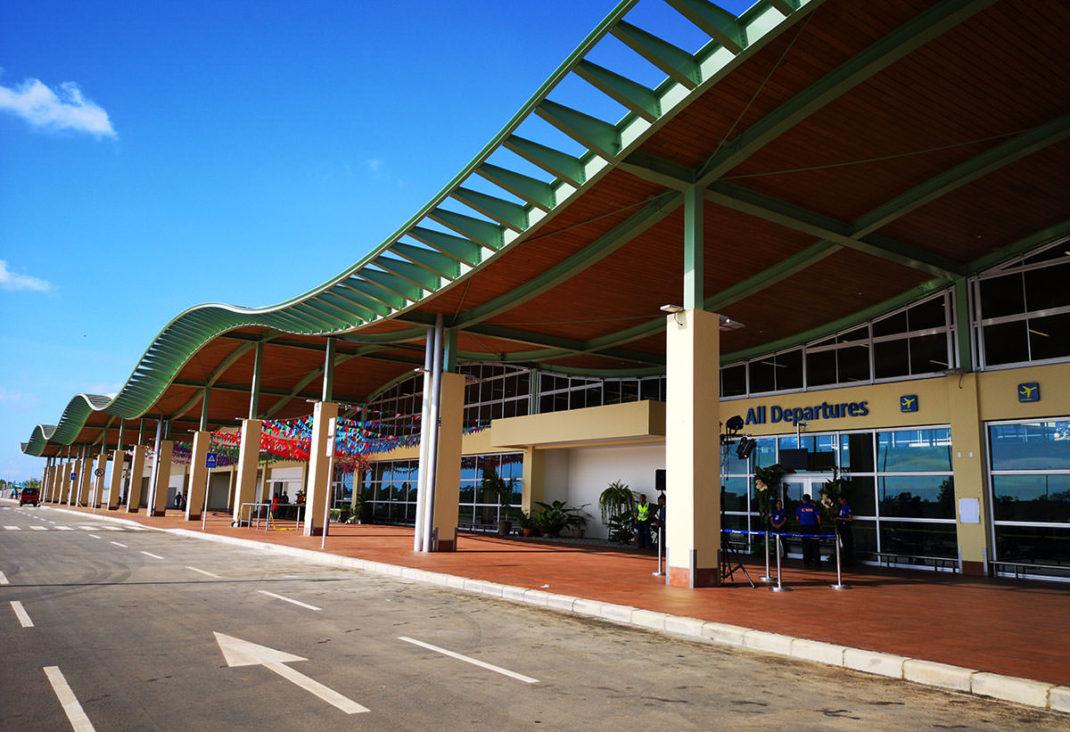BOHOL — Aboitiz InfraCapital (AIC), the infrastructure arm of the Aboitiz Group, has officially assumed operations of the Bohol–Panglao International Airport (BPIA), beginning a 30-year concession to upgrade the country’s first eco-airport and position it as a major regional hub.
The formal turnover from the Department of Transportation and Civil Aviation Authority of the Philippines occurred on June 16, 2025, following the award of the concession in late 2024. This development places BPIA under the same private management as Mactan–Cebu and Laguindingan airports, both operated by AIC.
Modernizing Bohol’s gateway
AIC plans to invest ₱4.53 billion in the operation, maintenance, and development of BPIA. Key upgrades include expanded terminal space, improved runway and taxiway systems, enhanced passenger services, and modernized airside and landside facilities.
“We’re focused on building infrastructure that drives economic progress,” said AIC President and CEO Cosette Canilao. She noted that the upgrades would improve safety and service quality while accommodating increased passenger traffic in the years ahead.
Capacity to grow
Currently designed to serve up to two million passengers annually, the airport’s capacity will rise to 2.5 million within one to two years. AIC projects the figure to reach 3.9 million by 2030.
Bohol’s economy expanded by 6.6% in 2023, led by double-digit growth in tourism and transport. Local officials believe the airport’s modernization is critical to sustaining that growth and reinforcing Bohol’s image as a sustainable, high-value destination.
History and eco-airport vision
BPIA opened in November 2018, replacing the older Tagbilaran Airport. Funded through a Japan International Cooperation Agency (JICA) loan and completed at a cost of over ₱7 billion, the airport was envisioned as a sustainable alternative to traditional hubs.
Built with solar panels, wide-span roofing for natural light, and ventilation systems that reduce energy use, it was touted as the country’s first “eco-airport.” AIC has committed to preserving and enhancing its environmentally friendly design as part of its long-term development plan.
Part of a bigger picture
The Bohol project expands Aboitiz InfraCapital’s growing aviation portfolio, positioning it as a major player in regional air connectivity. The company’s strategy aligns with the Philippine government’s push to involve private firms in upgrading vital public infrastructure.
Transportation Secretary Jaime Bautista has expressed support for the partnership, highlighting the role of public-private arrangements in improving connectivity, passenger experience, and economic competitiveness.
Sustaining growth through inclusive development
Infrastructure upgrades are scheduled to roll out in phases beginning later this year. AIC has pledged to collaborate with local government units, tourism stakeholders, and the Department of Transportation to ensure that improvements are inclusive and climate-resilient.
As Bohol continues to attract international and domestic tourists, Aboitiz’s investment in the airport is expected to catalyze broader economic and cultural development across the province.







